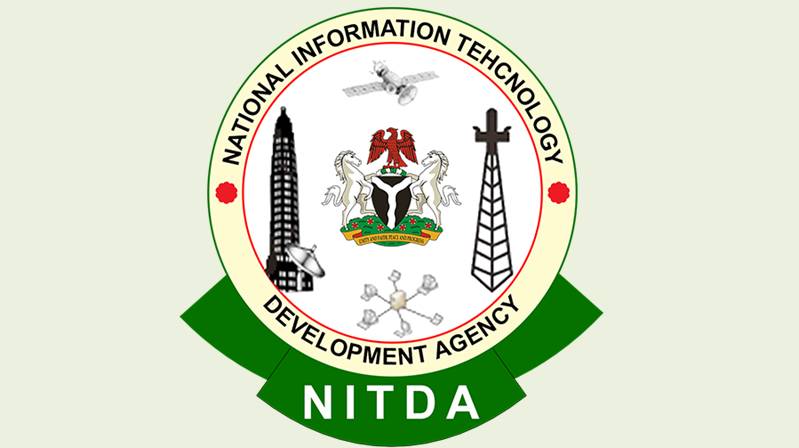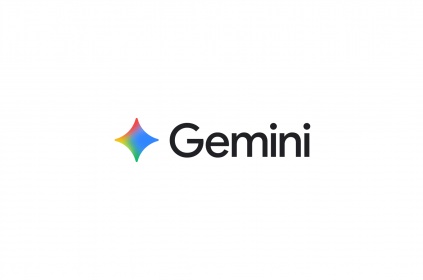Nigerian has issued a code of practice that will regulate technology platforms such as TikTok, Facebook, Instagram, Google, etc.
It also ordered the tech platforms to delete harmful contents and have a physical presence in the country.
Nigeria made the order in a new set of guidelines through the National Information Technology Development Agency (NITDA).
According to the guidelines, techn0logy platforms must also register with the Corporate Affairs Commission, CAC.
ALSO READ: Bitcoin Price Falls; Celsius, Binance Halt Withdrawals, Transfers (#Cryptocrash)
Explaining the reason for the guidelines, the spokesperson for NITDA, Hadiza Umar, said they were designed to protect Nigerians and foreigners living in the country.
She said the draft will also define guidelines for interaction on the digital platforms.
This is coming on the heels of the recent ban and unbanning of Twitter by the Federal government.
Months after Nigeria banned and lifted the ban on Twitter, the tech platform is yet to meet the government’s demands.
Twitter had agreed to Nigeria’s demands to set up “a legal entity in Nigeria during the first quarter of 2022.”
The micro-blogging platform had also agreed to paying tax for operating in Nigeria.
Meanwhile, the federal government had reached an agreement with the tech platform wherein Twitter agreed to provide modalities to curb harmful contents on its platform.
The tech platform also would have a country manager that would also interface with the Nigerian government on several issues of interest.
However, after the first quarter of 2022, Twitter is yet to meet the demands of the federal government.
Consequently, NITDA, has issued the draft, “Code of practice for interactive computer service platform/internet intermediaries.”
The regulator said the guidelines will protect Nigerians as well as require technology platforms to adhere to demands by Nigeria..
It said the draft will protect the “fundamental human rights of Nigerians and non-Nigerians living in the country.”
It will also “define guidelines for interacting on the digital ecosystem.”
Meanwhile, the new guideline has raised rumours in some quarters.
Many Nigerians are of the view that the federal government wants to control gag the technology platforms.
Setting The Records Straight:
Truth is that some Nigerians are skeptical about Nigeria’s intentions for issuing the new guidelines.
However, this might not be a bad development after all as Nigeria is not the only country with similar policies.
First, you must know that Nigeria, under section 6 of the NITDA Act 2007, mandates NITDA to standardize, coordinate and develop regulatory frameworks for all Information Technology (IT) practices in the country.
Just like Nigeria, the European Union, (EU) equally has similar code of practice for tech platforms.
In a collective effort to fight the spread of false information online, the EU established a code of conduct.
It mandates tech platforms like TikTok, Google, Meta, Mozilla, etc to share more information with the commission.
Google, Meta, TikTok, and other tech giants agreed to a recent revisions of the EU’s anti-disinformation code.
Exactly as Nigeria demands from the technology giants, the EU code of practice demands same.
Countries of the world, including Nigeria and EU want technology companies to show commitments to the code.
IT mandates them to involve practices like ensuring political ads are transparent and removing fake accounts.
Each company has to report on measures taken to comply with their commitments under the Code of Practice.
This is no different from the recent code of practice that the Australian government issued.
The Digital Industry Group Inc drew the code after the digital platforms inquiry in 2019.
The code is a form of self-regulation.
In February 2021 by Google, Facebook, Microsoft, Twitter, TikTok, Redbubble, Apple and Adobe adopted the code.
So, Nigeria issuing a code of practice for tech platforms is not out of place.
Meanwhile, read the full text of the new code of practice by Nigeria’s NITDA.
Read the full NITDA statement below.
Finally, NITDA Issues Code of Practice for Online Platforms Operating in Nigeria
National Information Technology Development Agency (NITDA) Issues a Code of Practice for Interactive Computer Service Platforms/Internet Intermediaries and Conditions for Operating in Nigeria
The National Information Technology Development Agency (NITDA) is mandated by section 6 of the NITDA Act 2007, to standardize, coordinate and develop regulatory frameworks for all Information Technology (IT) practices in Nigeria.
In accordance with its mandates, President Muhammadu Buhari, GCFR, directed the Agency to develop a Code of Practice for Interactive Computer Service Platforms/Internet Intermediaries (Online Platforms), in collaboration with relevant Regulatory Agencies and Stakeholders.
In line with the directive, NITDA wishes to present to the Public a Code of Practice for Interactive Computer Service Platforms/Internet Intermediaries for further review and input.
The Code of Practice is aimed at protecting fundamental human rights of Nigerians and non-Nigerians living in the country as well as define guidelines for interacting on the digital ecosystem.
This is in line with international best practices as obtainable in democratic nations such as the United State of America, United Kingdom, European Union, and United Nations.
The Code of Practice was developed in collaboration with the Nigerian Communications Commission (NCC) and National Broadcasting Commission (NBC), as well as input from Interactive Computer Service Platforms such as Twitter, Facebook, WhatsApp, Instagram, Google, and Tik Tok amongst others.
Other relevant stakeholders with peculiar knowledge in this area were consulted such as Civil Society Organizations and expert groups.
The results of this consultations were duly incorporated into the Draft Code of Practice.
The new global reality is that the activities conducted on these Online Platforms wield enormous influence over our society, social interaction, and economic choices.
Hence, the Code of Practice is an intervention to recalibrate the relationship of Online Platforms with Nigerians in order to maximise mutual benefits for our nation, while promoting a sustainable digital economy.
Additionally, the Code of Practice sets out procedures to safeguard the security and welfare of Nigerians while interacting on these Platforms.
It aims to demand accountability from Online Platforms regarding unlawful and harmful contents on their Platforms.
Furthermore, it establishes a robust framework for collaborative efforts to protect Nigerians against online harms, such as hate speech, cyber-bullying, as well as disinformation and/or misinformation.
Similarly, to ensure compliance with the Code of Practice, NITDA also wishes to notify all Interactive Computer Service Platforms/Internet Intermediaries operating in Nigeria that the Federal Government of Nigeria has set out conditions for operating in the country.
These conditions address issues around legal registration of operations, taxation, and managing prohibited publication in line with Nigerian laws.
The conditions are as follows:
Establish a legal entity i.e., register with Corporate Affairs Commission (CAC);
Appoint a designated country representative to interface with Nigerian authorities;
Abide by all regulatory demands after establishing a legal presence;
Comply with all applicable tax obligations on its operations under Nigerian law;
Provide a comprehensive compliance mechanism to avoid publication of prohibited contents and unethical behaviour on their platform; and
Provide information to authorities on harmful accounts, suspected botnets and troll groups.
They will also help stop disinformation networks and deleting any information that violates Nigerian law within an agreed time.
The Draft Code of Practice is available on the NITDA website for review and comments from the public.
The Federal Government wishes to reiterate its commitment towards ensuring Nigeria fully harness the potentials of the Digital Economy and safeguard the security and interest of its citizens in the digital ecosystem.


















 and then
and then